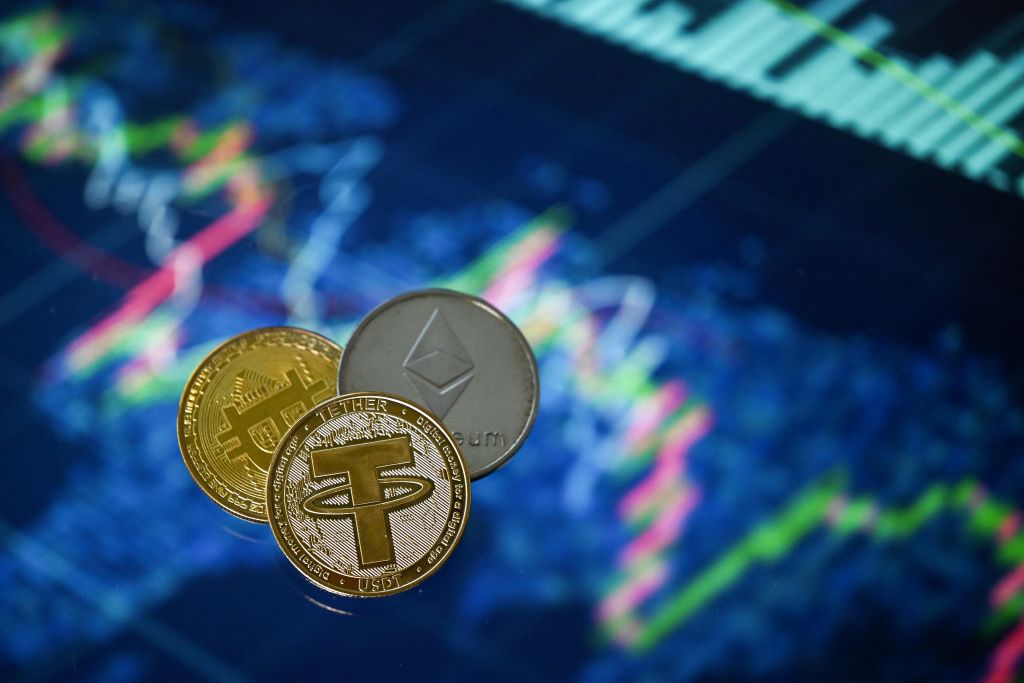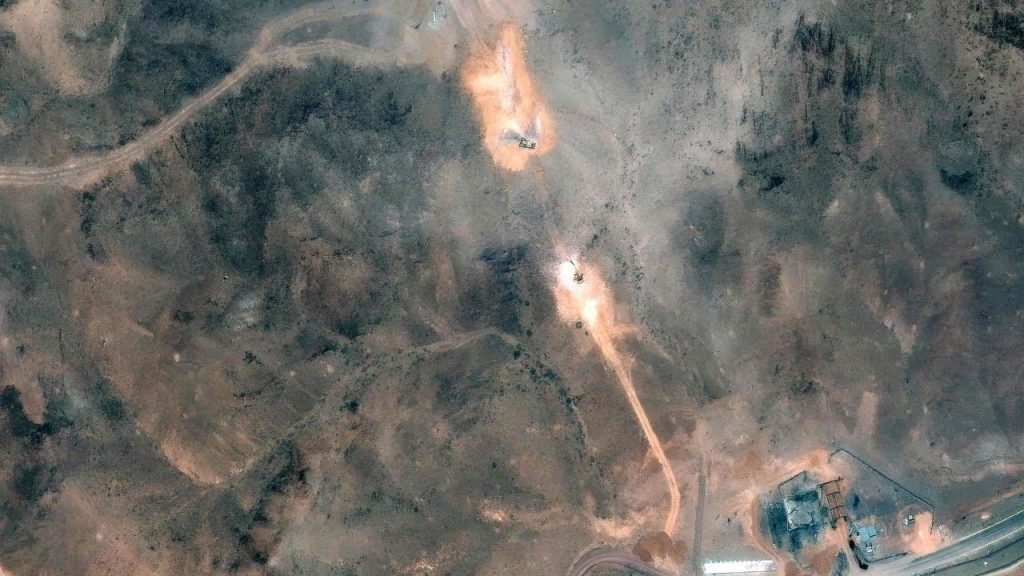Africa
EXPOSED: How Boko Haram Is Secretly Using Cryptocurrency to Fund Terror Across Nigeria

Nigeria’s dreaded terrorist group Boko Haram has adopted a dangerous new tactic in its war on the nation: using cryptocurrency to secretly fund terror operations and dodge financial surveillance.
According to report by Africa Defense Forum ADF, and multiple security analysts, the extremist group is exploiting unregulated digital platforms, mobile money systems, and peer-to-peer cryptocurrency trading to move millions of dollars mostly sourced from ransoms, extortion (under the guise of zakat donations), and looted funds.
“Boko Haram leverages crypto’s decentralized nature to fund its low-cost but deadly operations, including weapons and logistics,” security analyst Oge Samuel Okonkwo wrote on Medium.

Nigeria’s booming crypto scene has unintentionally provided a lifeline for terrorists.
With nearly one-third of Nigeriansnapproximately 70 million people engaging in cryptocurrency use for everyday transactions, the country has become a fertile ground for anonymous financial flows.
Between July 2023 and June 2024, Nigerians reportedly traded over $59 billion in digital currency, according to Chainalysis.
Following a 2021 government ban on crypto-related bank transactions, most users migrated to peer-to-peer (P2P) exchanges, which remain largely unregulated.
This regulatory blind spot has allowed Boko Haram to evade detection while receiving donations from both local and international sympathizers.
Experts warn that the group now operates cryptocurrency wallets, online exchange accounts, and even enlists unknowing intermediaries, including NGOs, to launder funds.
“The evolution of Boko Haram’s financing strategies through digital platforms underscores the complex interplay between technology and terrorism in Nigeria,” wrote Abraham Ename Minko for the Global Network on Extremism and Technology.
In 2024, Nigerian regulators froze over 1,100 bank accounts linked to terrorism financing and launched campaigns to educate young crypto traders on the risks of unknowingly aiding terror groups.
Yet the challenges remain immense. Authorities have struggled to dismantle Boko Haram’s network of exchange bureaus and online POS agents, many of whom operate under the radar.
In July 2024, 85 Boko Haram affiliates were convicted for financing terrorism.
Meanwhile, in 2020, the UAE prosecuted six Nigerians for laundering $780,000 via crypto to the group.
Analysts say that to cut off Boko Haram’s financial lifeline, Nigeria must invest in advanced tracking technology, tighten crypto regulations, and build regional intelligence-sharing partnerships.
“Disrupting crypto funding is critical to reducing Boko Haram’s capacity for violence,” Okonkwo concluded.
For Diaspora Digital Media Updates click on Whatsapp, or Telegram. For eyewitness accounts/ reports/ articles, write to: citizenreports@diasporadigitalmedia.com. Follow us on X (Fomerly Twitter) or Facebook












